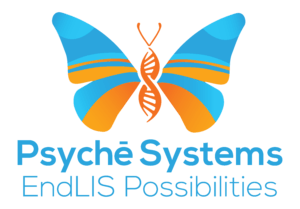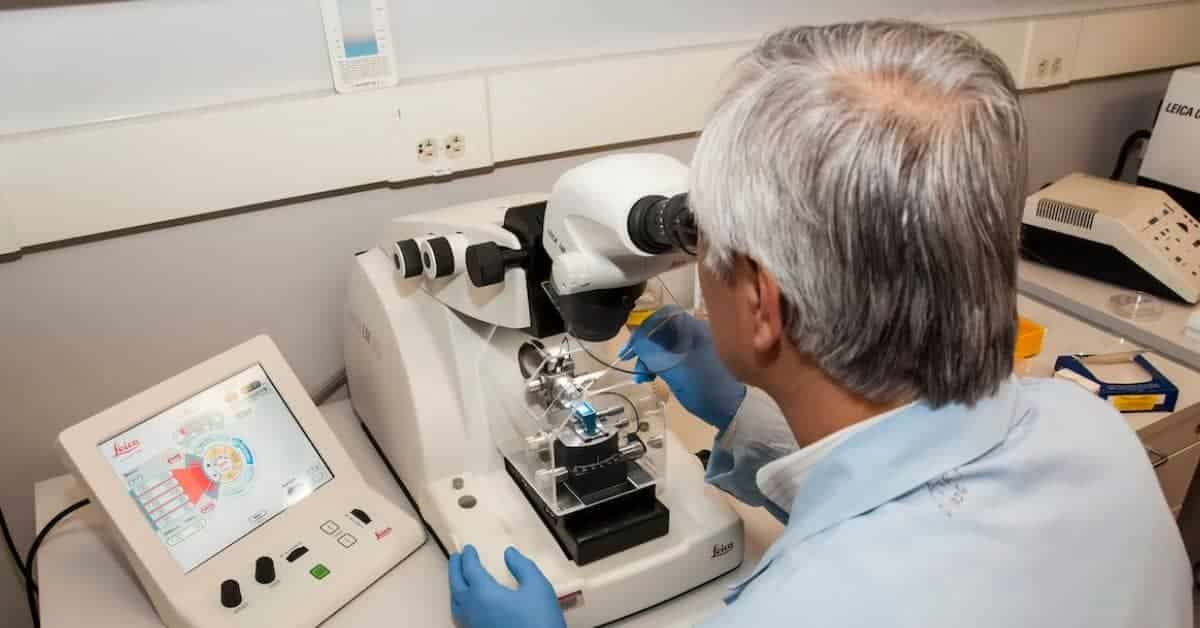Women’s health laboratories have a lot to keep track of. Managing samples, recording test results, and then evaluating those results can take a long time. Worse, it can be an error-prone process. That’s where laboratory information software (LIS) comes in. This powerful LIS system makes life easier for pathologists and those who work with them.
Improved Efficiency in Sample Management
Sample management is often a time-consuming and error-prone process. LIS systems can greatly increase the efficiency of the process. It does so in the following ways:
Streamlined Workflow
Many of the tasks involved in sample management are simple, despite their time-consuming nature. These repetitive tasks can be easily automated through LIS systems, eliminating manual processes and paperwork in the process. Sample registrations, labeling, tracking, and storage can all be improved through LIS.
Enhanced Tracking and Reporting
In addition to automating sample tracking, an LIS system can improve the tracking process. They provide real-time tracking of samples throughout their lifecycle. Laboratory staff can then easily locate and retrieve samples when needed. With all the data gained during tracking, the systems can generate comprehensive reports. Information on sample status, processing times, and other key metrics will allow for better monitoring and management of laboratory operations.
Reduced Manual Errors and Paperwork
Manual paperwork frequently comes with transcription errors and other data entry inaccuracies. With an LIS system, the need for manual data entry and documentation is minimized. By reducing the number of errors, these systems ensure more accurate and consistent record keeping. Storing the data electronically also removes the vulnerability associated with paper storage.
Enhancing Quality Control with an LIS System
The outcomes of care in women’s health laboratories depend on accurate results. Quality control plays a huge part in the accuracy of test results and how quickly health problems can be diagnosed. LIS systems can improve the accuracy of diagnoses in the following ways:
Automated Flagging of Abnormal Test Results
Abnormal test results can be the result of two things: errors in the sampling process or health problems in the patient. Either way, detecting these abnormalities early is important for accurate and prompt results. LIS systems can automatically flag test results that may be abnormal. To do so, it uses predefined criteria that are typical to abnormal results. Potential issues and errors are then identified quicker for enhanced patient safety.
Consistent Testing Procedures and Documentation
Consistency is key for several reasons. First, it ensures that no steps are skipped or ignored during the testing process. Second, it reduces variability and ensures that the same complete set of data is available for all patients, all test results, and across all testing staff. The LIS system also provides consistent documentation of all testing procedures, making for better traceability of data and more easily accessed audit trails.
Improving Communication and Collaboration with an LIS System
For timely and accurate patient care, women’s healthcare providers must be able to communicate and collaborate with laboratory staff. Another key feature of LIS systems is their ability to facilitate the flow of information. Laboratories that use LIS systems will gain a number of features that streamline the communications process, making it faster, easier, and more accurate. Here are some of the main ways these systems work to achieve that goal:
Quicker Turnaround Times for Results
Because so much of the process is automated by the software, many electronic reports are ready as soon as the analysis is completed by the laboratory. In addition to being promptly prepared, the software can be set up to automatically distribute these documents to the relevant healthcare professionals. A process that was once prone to manual steps and delays becomes nearly instantaneous. Physicians and other healthcare providers will be able to make their diagnoses and treatment decisions much faster.
Improved Accuracy in Result Reporting and Interpretation
We’ve already seen some ways in which the LIS system’s automated data entry reduces errors. But these systems can do more than simple automation tasks. By integrating directly with laboratory instruments, the software can capture highly-accurate results and use them to generate its reports. Healthcare providers will be able to see reference ranges and comments made by other members of the medical team right from within the software.
Integration with Electronic Medical Records (EMRs)
The LIS system isn’t the only software in a laboratory’s tech stack. For maximum efficiency, it’s important that key components of the stack are able to communicate with one another. LIS systems manufacturers are well aware of this and have designed their products to integrate with Electronic Medical Records (EMRs). This integration brings with it several benefits:
- Improved Access to Patient Information and Medical History – When LIS systems and EMRs share their data, healthcare providers can access demographic information, medical history, and previous test results all from a unified platform.
- Reduction in Redundant Testing and Unnecessary Procedures – Without the ability to see quickly which tests have already been performed, patients may undergo needless redundant testing. Having all the information in one place eliminates this problem, saving the patient money and getting them treatment faster.
- Efficient Data Exchange and Communication – This powerful integration also builds upon the collaboration features discussed earlier, allowing information to not only be transmitted instantly but into various software products as well.
Conclusion
Your patients deserve the best medical care you can provide them. With an LIS system in your laboratory, you’ll be bringing them that care faster and with greater accuracy. To learn how an LIS system can improve your patient outcomes, contact Psychē Systems today.

